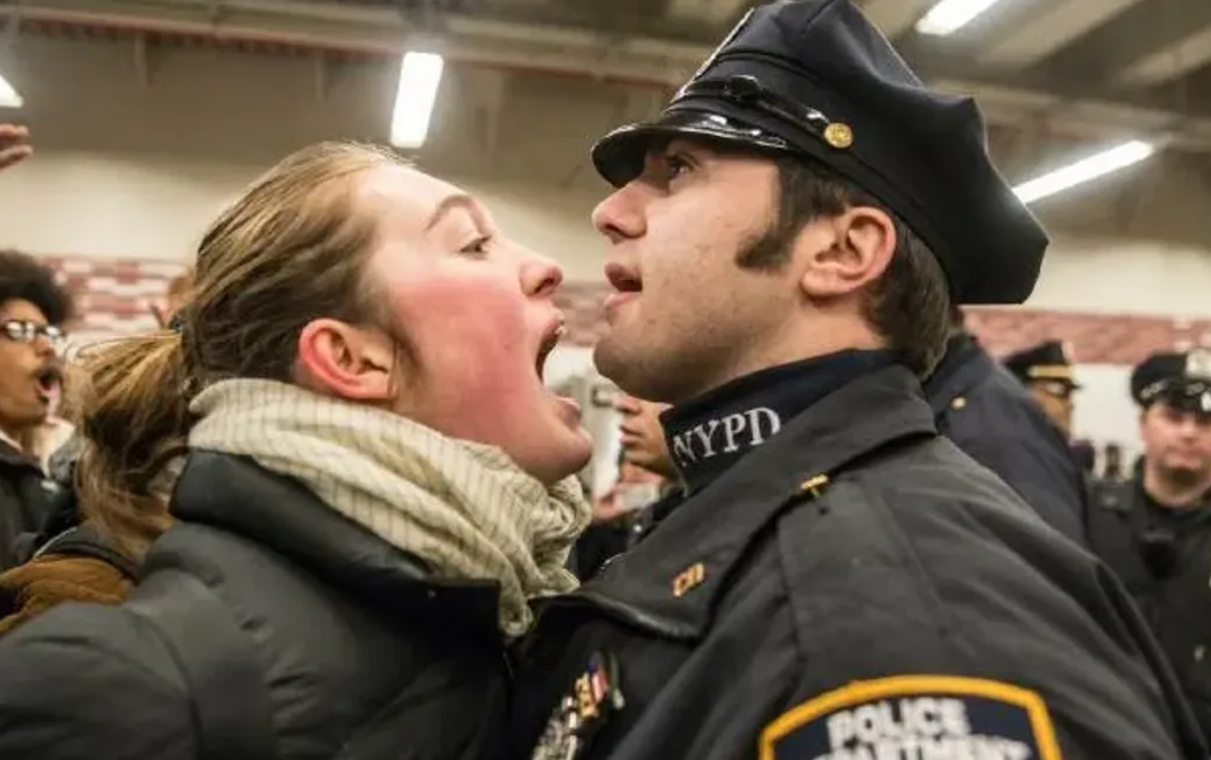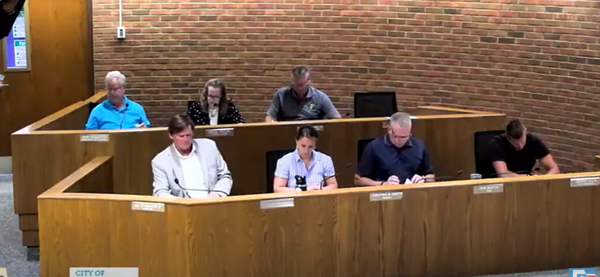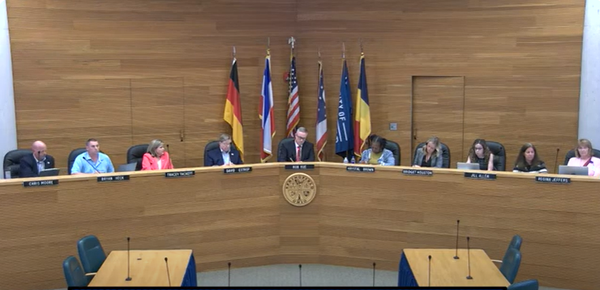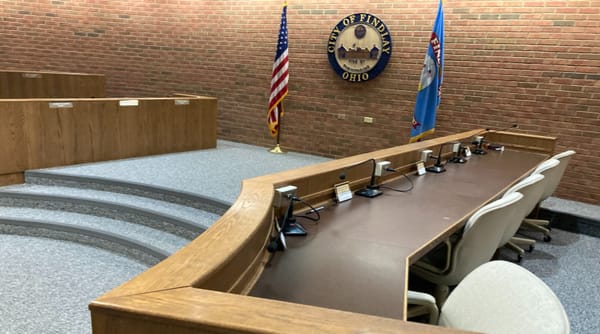Qualified Immunity Likely On the Ballot In November

BY JEFF SKINNER
STATEWIDE - A years long battle has finally come to a close with Ohio Attorney General Dave Yost certifying summary language on a ballot initiative which would see Ohio voters decide on if Police in the state should continue to have qualified immunity.
The initial battle to end qualified immunity for law enforcement in Ohio began with an organization, Ohio Coalition to End Qualified Immunity, seeking a proposed amendment to the Ohio constitution, which would end the practice of insulating LEO’s from the potential of frivolous lawsuits that would potential bankrupt police officers from legal process fees and clog the court system. Qualified immunity currently protects state officials from legal liability provided they are acting within the boundaries of the law in the carriage of the duties.
Yost had previously attempted to halt the proposed amendment based on the language within the proposal from the group, however ‘voters’ within the organization then brought a suit against Yost for what they felt was a violation of their first amendment rights. A years long court battle ensued, with Yost denying several variations of the ballot initiative on language rationale, finally petitioning the Supreme Court to intervene. A freeze on the amendment provision was then granted by Supreme Court justice Brett Kavanaugh, however, upon further review, Clarence Thomas, Samuel Alito and Kavanaugh removed the freeze and ordered Yost to approve the language.
"There are two sides to this argument. The 6th Circuit is on one, and several other circuits on the other," Yost said. They're leaving it for another day to resolve that split. So we need to move forward. I am bound by my oath to move forward, whether I think it's right or not."
Critics of the initiative have stated ending qualified immunity could effectively end policing as we know it. According to Ohio Fraternal Order of Police President Jay McDonald, QI means the difference between officers actively policing or potentially ignoring calls.
"If I am worried about whether or not I'm going to get sued and lose my house and put my family at risk, then I'm also going to be worried about whether I should proactively police that neighborhood," McDonald said.
Now the Ohio Coalition to End Qualified Immunity will need to collect roughly 420,000 signatures by the first week of July 2025 in order to get the amendment on the November ballot. The signatures must be obtained from at least 44 of the 88 counties in Ohio. Of the 44 counties, there must be signatures equal to at least 5% of the total vote cast from the previous governor’s election. The signatures will then need to be verified by the Ohio Secretary of State. As the organization has significant funding for their political endeavor, it is likely the signature campaign will be successful and Ohio will see qualified immunity on the ballot in November.




